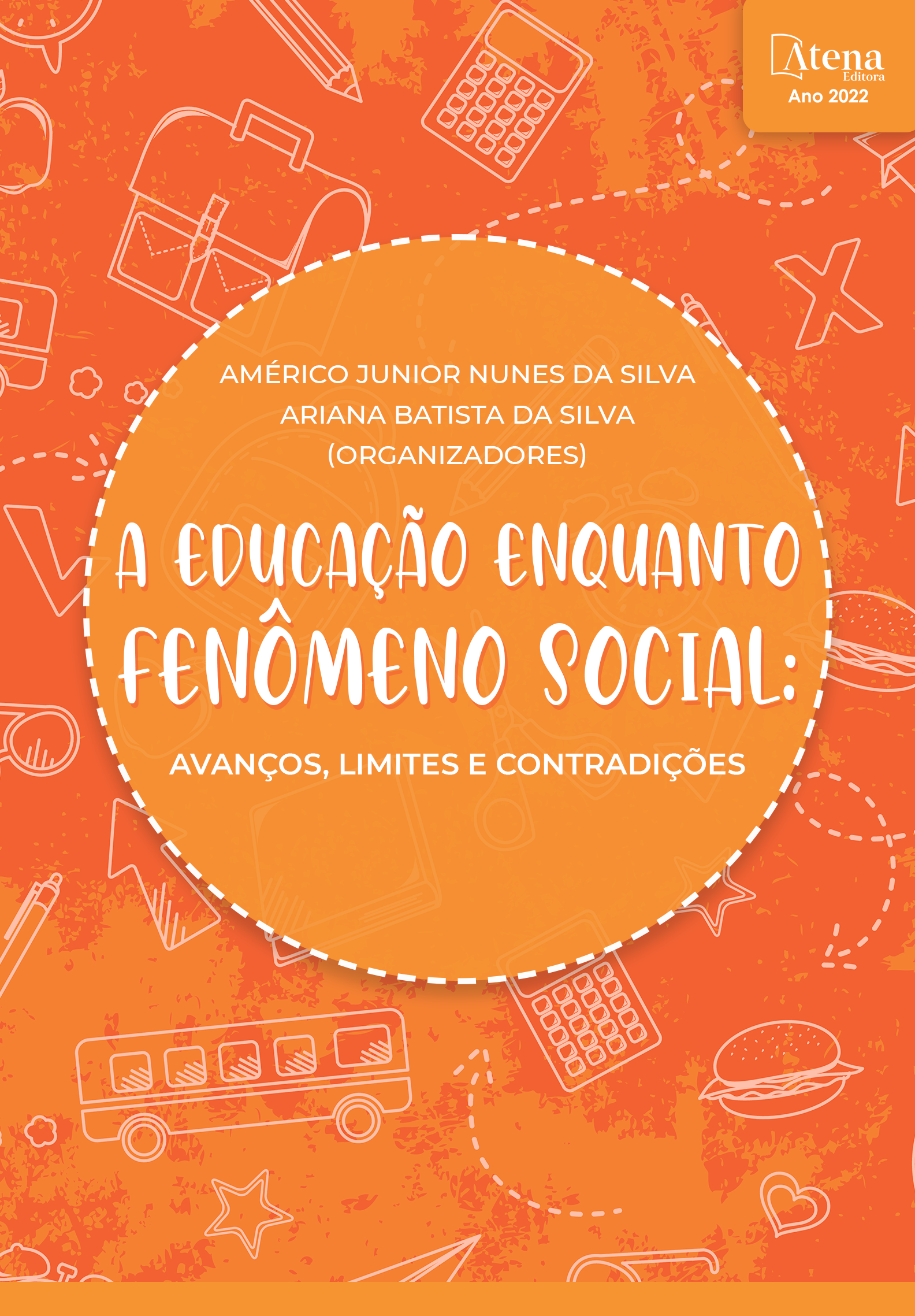
PROBLEMATIZAÇÃO COMO POSSIBILIDADE DE ENSINO E APRENDIZAGEM
Inspirados nas Investigações Filosóficas do filósofo Ludwig Wittgensgtein, temos por intenção compor uma narrativa, enquanto jogo regrado de linguagem em que regras são aprendidas e sentidos negociados, num contexto problematizador. A cena foi desempenhada por uma turma de 2º ano do Ensino Fundamental I da rede municipal de Vinhedo (SP), em 2014. As citadas Investigações operam nesse percurso como provocações aforísticas para instauração do plural dos conhecimentos compactados em conceitos fixos, o que nos parece definir assim um regime único de verdade, o matemático. Com o objetivo descompactar usos privilegiados de determinados conceitos, formas de ver e praticar educação escolar, as problematizações se nos apresentaram como organizações necessárias de constituição espaço-temporal de desconstrução de termos e conceitos que se fizessem fontes de confusões para a citada turma. Nesse contexto surgiu a cena que será narrada, disparada pela resolução de um problema relativo à festa junina da escola, o que recaiu sobre a sentença 79+11. No caso, apresentaram registros de possibilidades de soluções, com contagens e cálculos registrados em retas numéricas, desenhos, gráficos e explicações escritas por extenso. Contudo, chamaram a atenção da turma as que apresentaram os resultados 89, 910 e 99. No caso, a imaginação da professora, foi a de que os dois primeiros resultados apresentados geralmente são mais recorrentes no processo de aprendizagem de métodos de cálculos por escrito, sobretudo quando se apresentam necessidades de reagrupamentos, ditos algorítmicos. Feitas as apresentações, os autores foram questionados sobre as razões para os processos de soluções e como se relacionavam com os resultados obtidos. Tais quais as expectativas da professora, a explicação do último resultado foi muito interessante, engajando a turma numa discussão bastante interessante sobre como realizar cálculos algorítmicos, bem como o método a que chegaram como possibilidade, expressando mobilização de conhecimentos diversos e formas rebuscadas de argumentação, produzidas por crianças daquela idade.
PROBLEMATIZAÇÃO COMO POSSIBILIDADE DE ENSINO E APRENDIZAGEM
-
DOI: 10.22533/at.ed.63622260412
-
Palavras-chave: Problematização, cálculos, educação matemática, séries iniciais
-
Keywords: Problematization, calculations, mathematics education, initial grades
-
Abstract:
Inspired by the Philosophical Investigations of the philosopher Ludwig Wittgensgtein, our intention is to compose a narrative, as a regulated language game in which rules are learned and meanings negotiated, in a problematizing context. The scene was performed by a class of 2nd year of Elementary School I of the municipal network of Vinhedo (SP), in 2014. The aforementioned Investigations operate in this path as aphoristic provocations for the establishment of the plural of knowledge compressed into fixed concepts, which seems to us define thus a single regime of truth, the mathematician. With the objective of unpacking privileged uses of certain concepts, ways of seeing and practicing school education, the problematizations were presented to us as necessary organizations of spatio-temporal constitution of deconstruction of terms and concepts that became sources of confusion for the aforementioned class. In this context, the scene that will be narrated emerged, triggered by the resolution of a problem related to the school's June festival, which fell on the sentence 79+11. In this case, they presented records of possible solutions, with counts and calculations recorded in number lines, drawings, graphs and written explanations in full. However, those who presented the results 89, 910 and 99 caught the attention of the class. In this case, the teacher's imagination was that the first two results presented are usually more recurrent in the process of learning calculation methods in writing, especially when there are needs for regrouping, called algorithmic. After the presentations, the authors were asked about the reasons for the solutions processes and how they related to the results obtained. Such as the teacher's expectations, the explanation of the last result was very interesting, engaging the class in a very interesting discussion about how to perform algorithmic calculations, as well as the method they arrived at as a possibility, expressing mobilization of diverse knowledge and far-fetched forms of argumentation, produced by children of that age.
-
Número de páginas: 13
- Francis Roberta de Jesus


